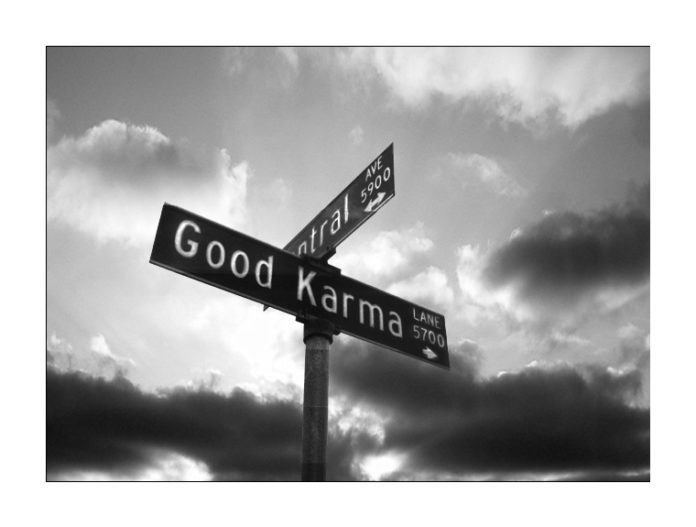Saturday May 14th is World Fair Trade Day, a day to recognize that fair trade is an “Agent for Change”. Fair trade is an agent for change in the way the world does business, and in the way we treat our fellow human beings. “Who made your clothes?” Unfortunately, the clothes you are wearing were probably made by someone suffering through hardships that would be entirely unacceptable to you, and illegal where you leave. Today’s brand of consumerism disconnects us from the sources of what we wear, and what we eat. Big Fashion makes profits by drawing us in with skimping on the human story, throwing in clever marketing, and hooking us with a cheap price tag.
Fair trade is not a fad, a marketing ploy, or a political agenda. Fair trade is an agent of change. An agent for changing the wages people receive, the healthcare and education available for workers and their families, exposure to international markets, and a re-establishment of true community mentality to commerce. Fair trade helps foster a new mentality about what we are wearing and the way we consume. What we buy, from who, how it is made, what it is made of, and who profits from the purchase all culminate in defining who we are. Ignorance as bliss is unconscionable in today’s world of awareness and social networking. By putting thought into who profits and who suffers from each purchase we make, real change is possible.
Fair trade isn’t just about people, it’s also about the environment. Cheap products are ravaging our planet. There are several ways to bring inexpensive products to market. One device is to use the lowest budget possible for labor. This method includes keeping down costs related to labor such as the building the workers are in, work place safety, and benefits to the workers. A second way to “make cheap things” is to reduce the overhead on the raw materials. We see this with Monsanto’s Bt cotton that is ravaging the lives of farmers and their communities through India. Big Fashion loves to dump money into billboards, television advertisements, fancy product promotions and sponsorships. Meanwhile, they cut back on the aspects of the supply chain that go unseen, the creation of the raw materials and the lives of the workers. Stores are always beautiful, clean, and upbeat… compare that to the conditions workers go through in a sweatshop to make the items used to fill the flashy store.
Take a minute and a half of your time to watch the recent video by Woody Harrelson. If you want to create change, vote with your wallet. If you don’t want clothes made in sweatshops, you need to stop buying them, and tell everyone you know to stop buying them too.
A great bargain on a piece of clothing isn’t a good deal, it is just a cheap price with the reality being that someone else suffers. So what can we do? First and foremost, support fair trade retailers who can provide transparent information about where their products come from. If you haven’t seen the movie, ‘The True Cost’, now is the time. Start asking questions. Do you have a brand you love? Email, call, or write… ask your brand where and how their products are made. Is there direct oversight over the manufacturing process? What are the wages and benefits received by the workers? What is the working environment like, and the how many hours do employees work? Are the products and the materials used to manufacture the products environmentally sustainable? Ask your friends, “Do you know who made your clothes?”, start the conversation. Fair trade isn’t just about supporting small business, but also in creating real and lasting change in the way all companies choose to rock and roll.
If fair wages and a healthier environment alone were the endgame of fair trade, it would be one of the most noble causes in history, but fair trade is so much more than that. Fair trade connects people to history, tradition, and culture. Fair trade fosters community and education. Fair trade encourages manufacturing techniques that have been handed down by generations and are sustainable, rather than by machines that increase our carbon footprint and eliminate the jobs of true artisans. Fair Trade reduces your carbon footprint and increases your good karma footprint.
The next time you need something new, take a second look and as, “Do you really need something new?” If you do, search for a fair trade source. Take it a step further and bring this message to your family, friends, co-workers, social media… bring it to anyone who listen to you. We are not alone, and together we are a voice to be heard. Fair Trade Day 2016, Be an Agent for Change.



